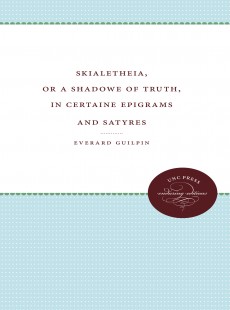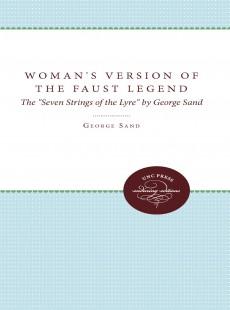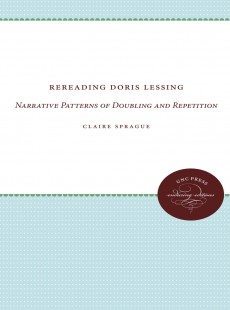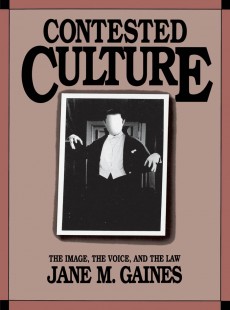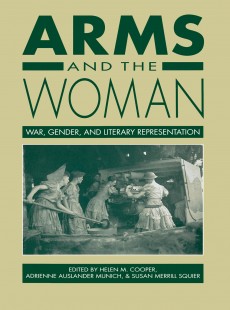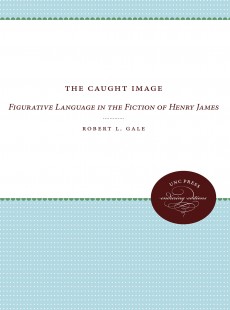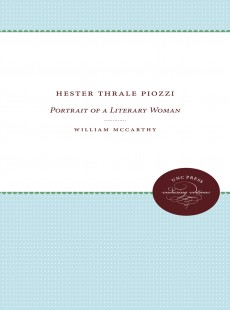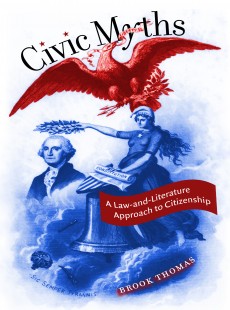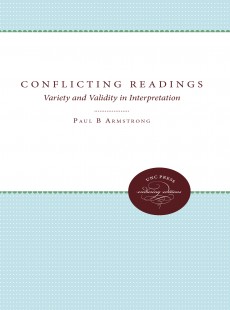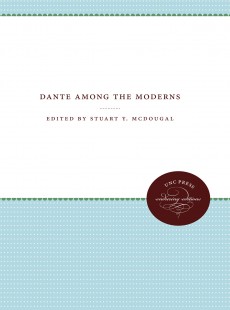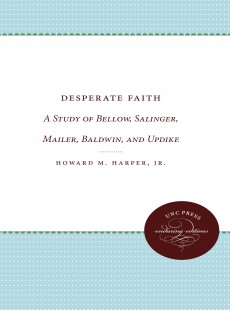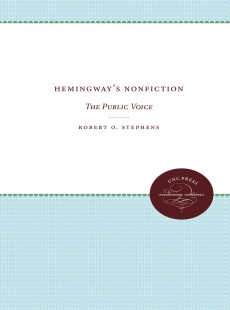
Blind Joe Death's America
John Fahey, the Blues, and Writing White Discontent
George Henderson
 Publisher: University of North Carolina Press
Publisher: University of North Carolina Press
Imprint: The University of North Carolina Press
Published: 03/2021
Pages: 236
Subject: Literary Criticism, Music, Social Science
Print ISBN: 9781469660783
eBook ISBN: 9781469660790
DESCRIPTION
For over sixty years, American guitarist John Fahey (1939–2001) has
been a storied figure, first within the folk and blues revival of
the long 1960s, later for fans of alternative music. Mythologizing
himself as Blind Joe Death, Fahey crudely parodied white
middle-class fascination with African American blues, including his
own. In this book, George Henderson mines Fahey's parallel careers
as essayist, notorious liner note stylist, musicologist, and
fabulist for the first time. These vocations, inspired originally
by Cold War educators' injunction to creatively express rather than
suppress feelings, took utterly idiosyncratic and prescient
turns.
Fahey voraciously consumed ideas: in the classroom, the counterculture, the civil rights struggle, the new left; through his study of philosophy, folklore, African American blues; and through his experience with psychoanalysis and southern paternalism. From these, he produced a profoundly and unexpectedly refracted vision of America. To read Fahey is to vicariously experience devastating critical energies and self-soothing uncertainty, passions emerging from a singular location—the place where lone, white rebel sentiment must regard the rebellion of others. Henderson shows the nuance, contradictions, and sometimes brilliance of Fahey's words that, though they were never sung to a tune, accompanied his music.
Fahey voraciously consumed ideas: in the classroom, the counterculture, the civil rights struggle, the new left; through his study of philosophy, folklore, African American blues; and through his experience with psychoanalysis and southern paternalism. From these, he produced a profoundly and unexpectedly refracted vision of America. To read Fahey is to vicariously experience devastating critical energies and self-soothing uncertainty, passions emerging from a singular location—the place where lone, white rebel sentiment must regard the rebellion of others. Henderson shows the nuance, contradictions, and sometimes brilliance of Fahey's words that, though they were never sung to a tune, accompanied his music.
RELATED TITLES




